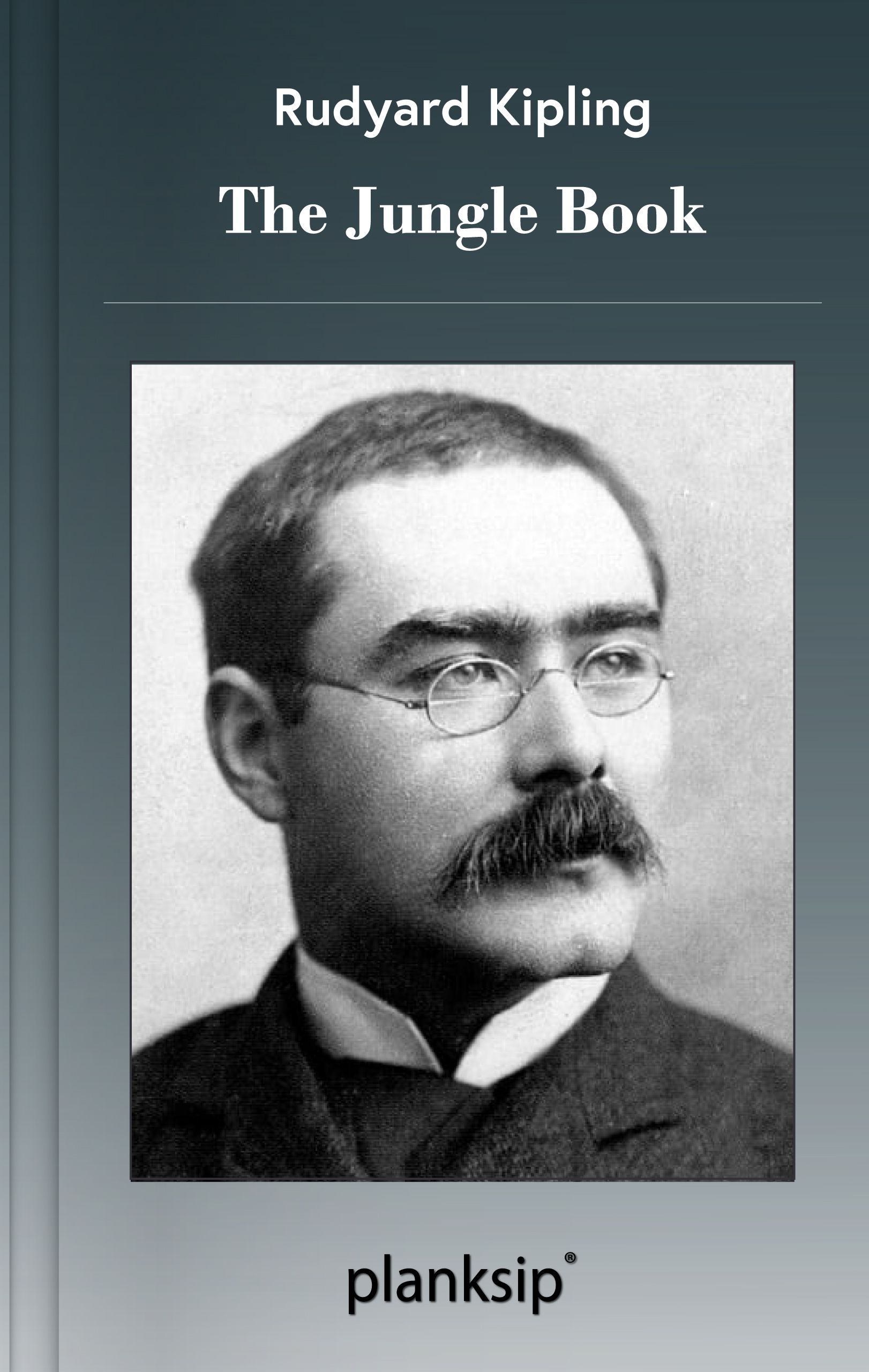A Critic's Meta Review: 4/5

The Jungle Book by Rudyard Kipling (REVIEW)
Rudyard Kipling was an incredible writer. There is no way around that fact. The influence he has had on those who have approached the art of exploring the potential of the written word to spark light within the soul is impossible to overstate. He was, without a doubt, a true literary luminary, and now a bona fide literary legend.
Rudyard Kipling was also most certainly a huge racist. This is also a fact that cannot be skirted around. Now, before you tar and feather the guy, I would just like to clarify that he was not a racist in the sense of “these people are inferior and should be treated as such” which is just, on its face, vile and cruel and disgusting and inhumane.
Kipling’s racism was much less outwardly abhorrent than that. He was of the variety that would look at a race or ethnic group that had their own way of life and customs surrounding the doing of things, conclude that they were fundamentally decent people, and suggest ways in which they could perhaps be more “civilized”. These people were ultimately, though, merely just spectacles for him. They provided him with some entertainment value, in addition to serving as inspiration for a number of his works (sadly this was something for which they were never compensated, at least monetarily).
This flavor of prejudice is on full display throughout The Jungle Book, with its portrayal of India and its people teetering between respectful appreciation and outright mockery. A proud nationalist and booster of British imperialism, it is highly unlikely that Rudyard Kipling would have been a huge fan of Mahatma Gandhi.
Nonetheless, he is still rather well-received in India; Jawaharlal Nehru, the first Prime Minister of the independent Republic of India (who worked quite closely with Gandhi during the struggle for sovereignty) has listed Kipling’s works as among his favorites. As the tone of his writing resembles that of Indian folklore, particularly those found in the popular collection of ancient Sanskrit fables known as the Panchatantra, Kipling remains a staple in many an Indian household.
Indians, however, are quite an open-minded bunch. Just look at the religion that most of them practice - Hinduism. One needs to have quite a loose approach to life in order to properly understand the tenets of such an esoteric yet highly simple belief system. Also, I have never met an Indian who did not love The Party, starring Peter Sellers (in brownface) as a failed Indian actor by the name of Hrundi V. Bakshi.
This is probably because, to quote said character in response to the question “Just who do you think you are?!?”:
“In India, we don’t ‘think’ who we are; we know who we are”
-Hrundi V. Bakshi


